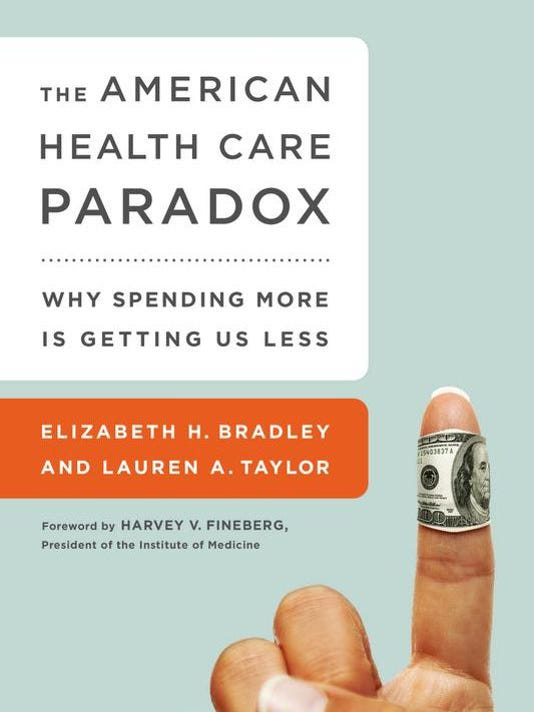| | | | | | A Message from the Executive Director Welcome to our introductory edition of The HES Monthly Newsletter! This is a new feature authored and curated by the HES staff for our donors, advocates, and followers. Once a month, we will send you content that we hope is informative, short and sweet yet thought provoking, and ultimately keep informed on what we know about health equity. The first two newsletters, February and March, will go to a broad brush of people. However, starting April, the newsletter will only go to donors and subscribers. Thus, we encourage you read and enjoy BUT don’t forget to click that subscription button and don’t forget to donate. Thank you for reading and as always thank you for your support! | | | | | | The COVID-19 pandemic is top of mind for all of us. We hope you are staying safe and healthy, practicing the appropriate social distancing measures, and washing your hands! This week’s term is a very appropriate concept for understanding the current and long-term implications of the COVID-19 pandemic on health equity/health inequity. | | | | | | Social Determinants of Health (SDOH/SDoH/SDH): The social determinants of health are the conditions in which people are born, grow, work, live, and age, and the wider set of forces and systems shaping the conditions of daily life. These forces and systems include economic policies and systems, development agendas, social norms, social policies and political systems. [definition from The World Health Organization (WHO)] Understanding health and health care access through a health equity lens, requires us to understand the impact and influence SDOH has in people’s lived experience. Using an SDOH and health equity lens to the COVID-19 pandemic, helps us to see that while we are all challenged by this time, people who live in poorly resourced communities, who work low-medium wage jobs (esp. in the retail economy), who have unstable/unsafe housing, and who lack access to regular health care are going to be hit hard in the near, short, and long term by the fallout from this pandemic. | | | | | |  | (LOB= Legislative Office Building) Due to the coronavirus and emergency precautions taken by the Connecticut General Assembly, the Legislative Office Building & Capitol are closed until April 13th. This means that all events (including public hearings and committee meetings) are cancelled during this period and all legislators and staff are working remotely from home. As the emergency response evolves, the state legislature’s plans are likely to evolve as well. Be sure to follow us on social media to get the most up to date information about the legislative session and what we are doing to make sure health equity is the top priority in Connecticut. | | |  |  | This month, the Health Equity Solutions Book Club discussed The American Health Care Paradox: Why Spending More is Getting us Less by Elizabeth H. Bradley and Lauren A. Taylor.
As the Health Equity Solutions team is working remotely, this book allowed us to collectively reflect and discuss what is currently happening on a national scale as well as in our state due to the COVID-19 outbreak and the increased disparities it brings. The book provided a framework for team members to discuss how spending on health care in the United States is almost double compared to other industrialized nations, and yet Americans suffer poorer outcomes. The authors criticize that the idea that Americans’ poor health is linked to poverty, as that hypothesis fails to explain why people of color experience dramatically worse health and mortality outcomes overall.
The book walked team members through the history explaining why our systems of social services and health care rarely overlap. The authors conclude that one solution is to design a holistic, effective system, in which there is a delivery of health and not just health care. This would require addressing variety of factors, such as social, environmental, and behavioral causes of poor health.
Reading this book allowed our team to collectively reflect on our perspectives on the United States health care system in its current state. The book will inform our discussions about how to ensure that health equity is at the forefront as we consider how to move health systems reform forward and consider the response to the COVID-19 pandemic. | | Want to help us read more? See our desired list of reading material HERE | | |  | If not executed with an equity lens the response to the COVID-19 pandemic will exacerbate health disparities in our state. We wrote to Governor Lamont suggesting policies to address health equity as we engage in necessary social distancing efforts. Now and in the weeks ahead, we will collect information from our partners about needs in their communities related to the emergency response. If you or your organization are seeing unmet needs, have a plan to address health equity, or want to share an unanticipated result of the COVID-19 response, please be in touch with our Director of Policy at ksiegel@hesct.org or 860.937.6437. We are compiling both problems and proposed solutions to share with policymakers on a regular basis. | | | | | | | | | | Health Equity Solutions
175 Main Street 3rd Floor | Hartford, Connecticut 06106
860.461.7637 | info@hesct.org | | | | | | | | | | | |